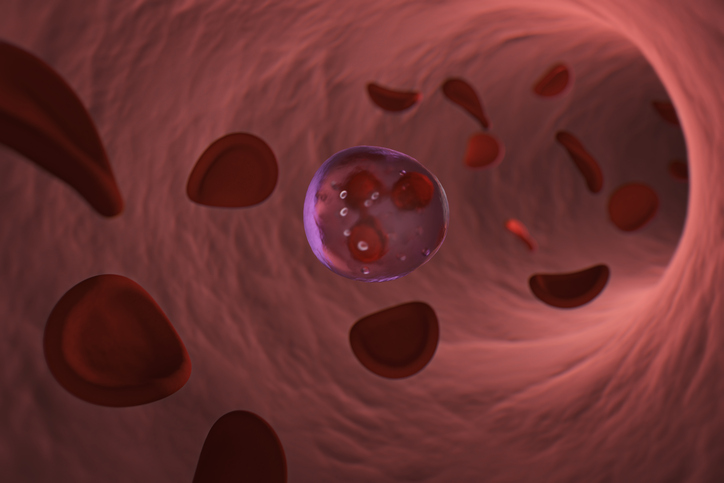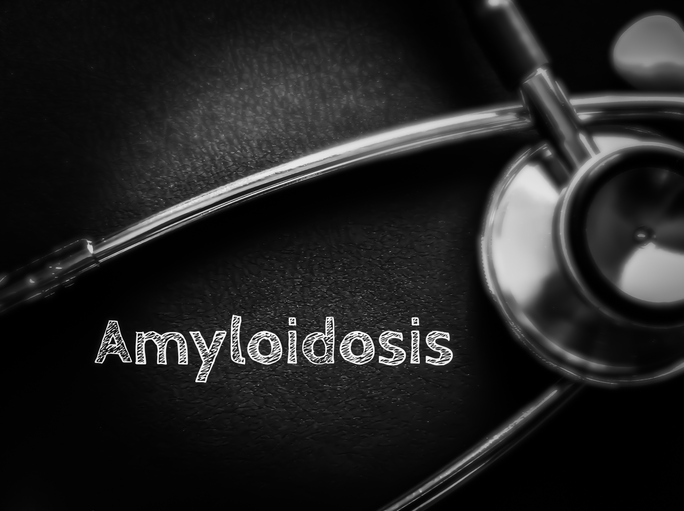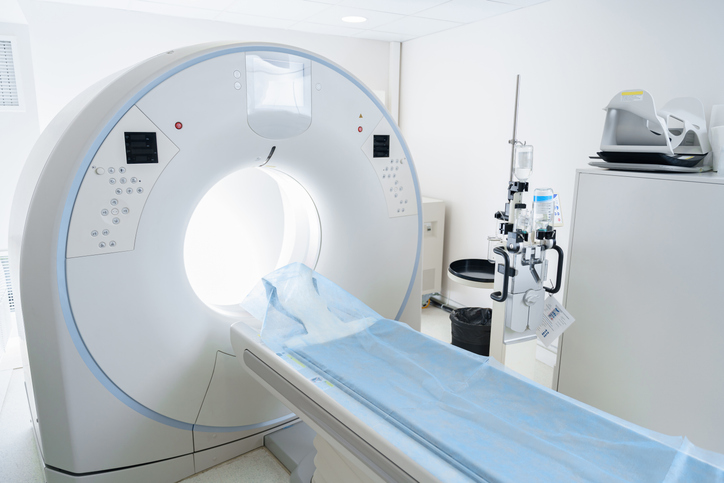
Cancer Patients May Not Be Receiving enough Prescribed Cardioprotective Medications
This observational study included 333 patients admitted to the cardiology unit of the John Hunter Hospital between mid-2018 and the beginning of 2019. The full cohort was finalized as 320 individuals, and stratified by cancer history (n=69) dived into two groups consisting of those with a history and those without. Following multivariable analysis (which included adjustment for age, sex, BMI, hypertension, dyslipidemia, smoking status, diabetes mellitus, and CVD), patients with a history of cancer were less likely to be on a statin (OR=0.41; 95% CI, 0.22 to 0.77) or antiplatelet therapy (OR=0.53; 95% CI, 0.29 to 1.00).
https://www.docwirenews.com/docwire-pick/cardiology-picks/cancer-patients-less-likely-to-receive-cardioprotective-medications/
–
Depression and CVD Risk Do Not Mix
This population-based cohort study included more than 145,000 individuals. Participants self-reported depressive symptoms. The results showed that 15,983 participants (11%) reported four or more depressive symptoms at study baseline. In multivariate models, the researchers also reported an association between depression and incident CVD (HR=1.14; 95% CI, 1.05 to 1.24), all-cause mortality (HR-1.17, 95% CI, 1.11 to 1.25), the CVD/mortality outcome (HR=1.18; 95% CI, 1.11 to 1.24), as well as myocardial infarction and noncardiovascular death.
https://www.docwirenews.com/cardiology/depressive-symptoms-cardiovascular-disease-risk/
–
Systolic Blood Pressure Levels Associated with ASCVD Risk Factors
Individuals with blood pressure above 90 mm Hg need to be on the lookout for increased risk factors for atherosclerotic cardiovascular disease. The study population for this analysis consisted of 1,457 ASCVD-free participants from the Multi-Ethnic Study of Atherosclerosis (MESA) without dyslipidemia, diabetes, treatment for hyperlipidemia or diabetes, or current smokers, and with a systolic blood pressure between 90 mm Hg and 129 mm Hg. According to the results, an increase in traditional risk factors for ASCVD, coronary artery calcium, and also incidence ASCVD events as systolic blood pressure levels increased.
https://www.docwirenews.com/cardiology/ascvd-systolic-blood-pressure-increases-risk-factors/
–
Women and Recurrent Atrial Fibrillation and Ablation Complications
This study included more than 6,400 female patients (2,072 of them female) who were undergoing an AFib ablation procedure for the firs time and who were enrolled in the Chinese Atrial Fibrillation Registry (China-AF) study. According to the results of this analysis, more female patients had paroxysmal AFib relative to men (74.3% vs. 56.7%; P<0.0001), as well as more hypertension (69.7% vs. 61.3%; P<0.0001) and hyperlipidemia (57.2% vs. 52.9%; P=0.001).
https://www.docwirenews.com/docwire-pick/cardiology-picks/ablation-tachyarrhythmia-risk-women-atrial-fibrillation-procedural-complications/







 © 2025 Mashup Media, LLC, a Formedics Property. All Rights Reserved.
© 2025 Mashup Media, LLC, a Formedics Property. All Rights Reserved.